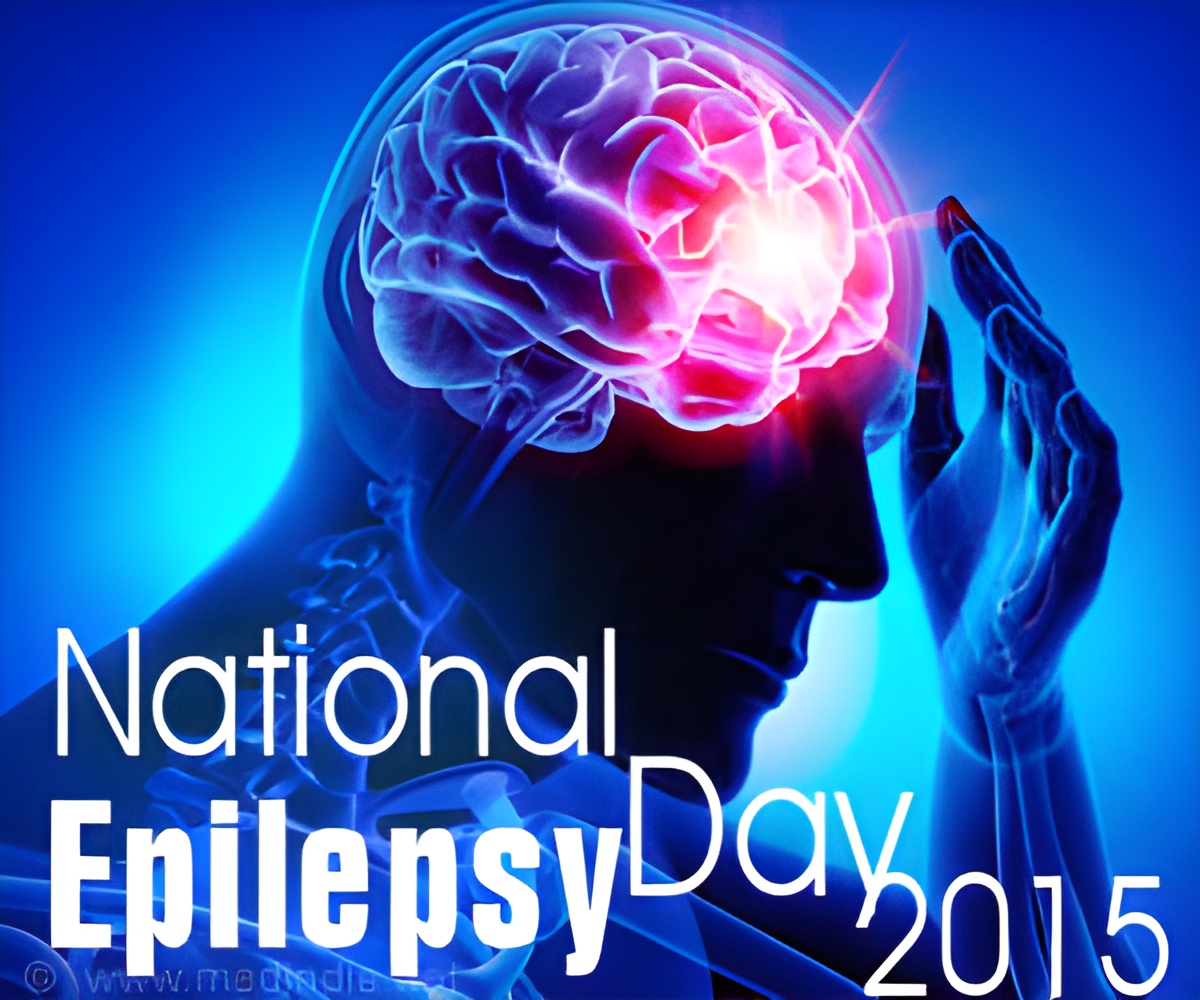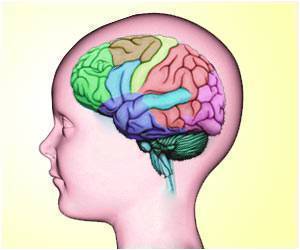National epilepsy day is observed annually on November 17 to create awareness about epilepsy. Both men and women are equally prone to epilepsy.

About Epilepsy
Epilepsy is a neurological disorder that affects one in hundred people worldwide. According to the World Health Organization, Epilepsy is a chronic disorder of the brain characterized by recurrent seizures, which are brief episodes of involuntary movement that may involve a part of the body (partial) or the entire body (generalized), and are sometimes accompanied by loss of consciousness and control of bowel or bladder function.The human brain is made up of billions of cells known as neurons that conduct electrical signals and communicate with each other using chemical messengers across junctions called synapses. A seizure is changes in behavior that occur after an episode of abnormal bursts of neurons resulting in the release of electrical impulses in the brain. During a seizure, a person’s body shakes rapidly and uncontrollably. There are different types of seizures that can vary in frequency. Some people may have mild symptoms without shaking. Patients with epilepsy experience an odd feeling without any loss of awareness or a brief period of unresponsiveness.
Dr. Sangeeta Rawat, Senior Consultant Neurologist & Epieptologist at Global Hospital Mumbai, said, “The 1st peak is in the age group of 10 to 20 years, which is genetic epilepsy or abnormal brain tissue and the 2nd peak may occur after the age of 50 to 60 years that are symptomatic.”
The three types of seizure are simple partial seizure, complex partial seizure and generalize partial seizure that can be controlled by medication. Temporary symptoms of a seizure are disturbances of movement, mood, cognitive functions and sensation including vision, taste, and hearing. People with seizures suffer from psychological conditions, such as anxiety and depression.
Prevalence of Epilepsy
Globally about 50 million people have epilepsy, out of which 80 percent of the people are living in developing countries. In India, around 10 million people suffer from epilepsy. Recent studies have determined the prevalence of epilepsy in the country. The studies have found that the prevalence is about five to six per thousand and incidence around 38 to 50 per one lakh population per year. Around 70 percent of the population with epilepsy live in the villages in India. According to the statistics, there will be about 200,000 to 500,000 new cases of epilepsy every year in India. Currently, there are about 50 to 100 lakhs of epilepsy patients across the country.Although epilepsy is treatable, misconceptions about the condition are rampant throughout the society that prevent people with epilepsy from taking appropriate treatment. People with epilepsy and their family members suffer from stigma and discrimination that can impact the quality of life. The stigma of the condition discourages people from seeking treatment. These apprehensions arise from the widespread ignorance about the condition. Increased awareness about epilepsy can prevent stigma and discrimination. Increased access to healthcare services can raise the quality of life for people with epilepsy.
Treatment For Patients With Epilepsy
Treatment should not be delayed for patients with epilepsy, as it can further deteriorate the condition. Most people with epilepsy will require anti-epileptic drugs. These drugs cannot cure epilepsy, however, these medications are effective in controlling seizures and keeping it under check. Some patients with epilepsy may require surgery to remove a specific area of the brain that is affected to help control seizures.According to Dr Rawat, “Nearly 60 to 70 percent of epilepsy patients can be controlled well with drugs alone, but 20 to 30 percent may remain uncontrolled. These patients should go to comprehensive epilepsy care center for detailed evaluation by a multidisciplinary team. They should undergo pre-surgical evaluation in the form of 3TMRI, prolonged video EEG, neuropsychology testing, and psychiatrist assessment. They can undergo epilepsy surgery that can give them cure from epilepsy and also anti- epilepsy medication can be stopped after couple of years. We at Global Hospital have completed 28 successful surgeries in last 1.5 years by the comprehensive.”
Tips For Patients With Epilepsy
Many people can overcome the disability of epilepsy and lead a good quality life by following some precautionary measures that can make it easier to live with the condition.- Take anti-epilepsy drugs regularly as advised by the doctor.
- Have 8 hours of uninterrupted sleep to control seizures.
- Engage in regular physical activity.
- Avoid alcohol as it provokes seizures.
- Don’t do fasting, driving and swimming without supervision.
- Don’t discontinue the medications without doctors’ advice
- Consult your doctor while taking any other medications to avoid possible side effects or any complications.
References:
1. http://www.nhp.gov.in/national-epilepsy-day_pg2. http://www.epilepsycareandresearchfoundation.com/
3. http://www.who.int/mediacentre/factsheets/fs999/en/
Source-Medindia















